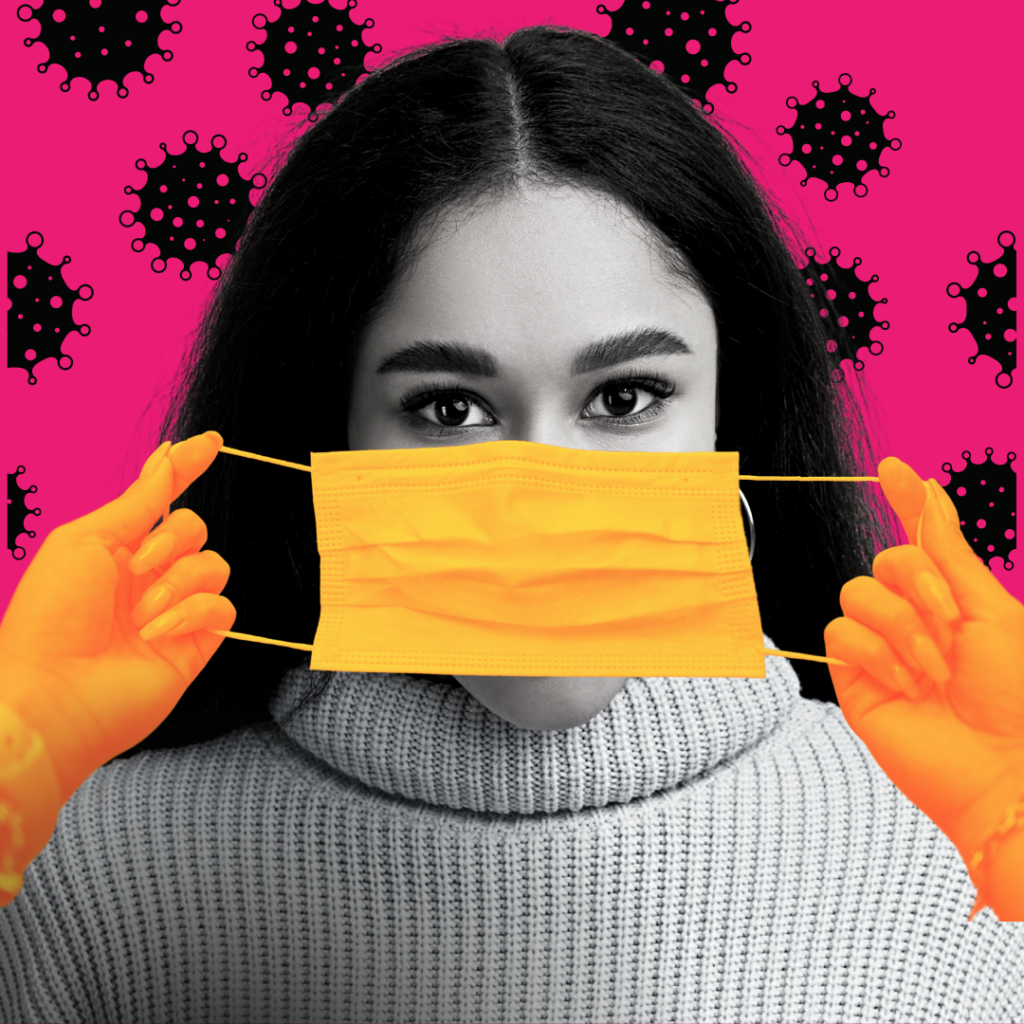As Covid-19 vaccinations continue to be rolled out across the UK, the sound of claps for the NHS fade away and society begins its journey back to normality. Yet, for some, the effects of covid are here to stay.
Post-covid syndrome (PCS), otherwise known as long covid, is the persistence of covid symptoms after 12 weeks from testing positive. According to the Office of National Statistics, PCS affected over 1 million people in February this year. Some of the symptoms include fatigue, brain fog, dizziness, chest pain, shortness of breath and depression or anxiety. Long covid can affect those who were seriously ill with covid or those who experienced no symptoms at the time. Doctors are beginning to draw links between those now affected by long covid and the way their bodies fought off the virus weeks earlier.
Currently, the majority of patients suffering from long covid are referred to specialist clinics where they are offered treatment in physiotherapy, speech therapy and breathing exercises. Though we still know very little about long covid, and despite more clinics being set up around the country, there is not enough information available to those experiencing long covid symptoms.
I spoke to a family member, NHS health professional Joanna, who tested positive for covid on Christmas eve in 2020. Joanna experienced moderate coronavirus symptoms for approximately three weeks, such as a cough, shortness of breath, fatigue and loss of smell and taste. After the initial three weeks, Joanna began to improve and returned to work, however, at the end of every week she started to experience severe fatigue and could not leave her bed, developing cold-like symptoms that lasted 24 hours. For a month after returning to work Joanna suffered from brain fog, struggling to make sense of her thoughts or to plan her day, often finding it difficult to form structured sentences.
It is now five months from when Joanna first tested positive, yet she still worries about her health. Covid has knocked her confidence and she does not feel fully recovered.
Unfortunately, Joanna’s story is becoming increasingly common, and we still do not know the long-term health impacts of long covid.
Joanna is among the most likely demographic to experience PCS, women under 50. A study conducted by the University of Glasgow found that these women were seven times more likely to suffer from breathlessness and twice more likely to suffer from fatigue from up to seven months after first testing positive. Similarly, a wider experiment carried out by the University of Leicester discovered that 70% of their participants did not report feeling fully recovered seven months after covid. Both studies supported the fact that middle-aged women have been, and will continue to be, the most severely impacted by long covid.
Philippa Roxby, health reporter, highlighted how middle-aged women are some of the most likely to suffer from auto-immune conditions. Health professionals are now beginning to question whether there may be a correlation between that and PCS, yet there is still little known.
The world of medicine has historically been prejudiced towards women, but will we merely repeat the past with the rise of long covid? Women are often made to feel they are overreacting when concerned about their health, in fact, 74% of Cosmopolitan readers admitted that their doctors made them feel this way. Many illnesses and conditions that only affect women, such as endometriosis continue to be under-researched, and many women are left undiagnosed for even a decade.
All of this links to an underlying sexist assumption that women should simply deal with pain or discomfort, labelling any worries they do have as ‘irrational’. Too many women have shared their experiences with doctors who have disregarded their genuine health concerns as anxiety. Sophie Hague, an example of a young woman who has shunned away three times before being diagnosed with cervical cancer and sadly died at only 25 years old. How many women could be saved if they were listened to? We are in a women’s health crisis and long covid may become another illness that women will be told to simply ‘get on with’.
Women already deal with a number of social stigmas in the workplace, and long covid could only make things worse. According to the BBC, 19% of people with long covid had to change professions in order to deal with daily challenges, like fatigue, and a further 18% did not return to work at all. Women are often faced with gender discrimination when attempting to take time off work for themselves or their family. With justifications for the gender pay gap resting on women taking maternity leave, taking time off as a result of long covid has the potential to be another guilt working women will be forced to bear.
Low-income families are likely to be disproportionately impacted by long covid, unlike middle-class commuter families, sick leave is not always paid. In particular, single mothers with young children on zero-hour contracts will not have the privilege to recover or seek therapy for their long covid symptoms.
Journalist Gabrielle Jackson argues that flexible working is the way forward for women dealing with long covid. Women given the opportunity to work flexibly or at home will be able to share home responsibilities equally with their partner and spend time focusing on their health, rather than rushing back to the full-time world of work. Allowing women time away from work will prevent the aggravation of pre-existing health conditions like long covid and fatigue. Women’s health must become a priority.
